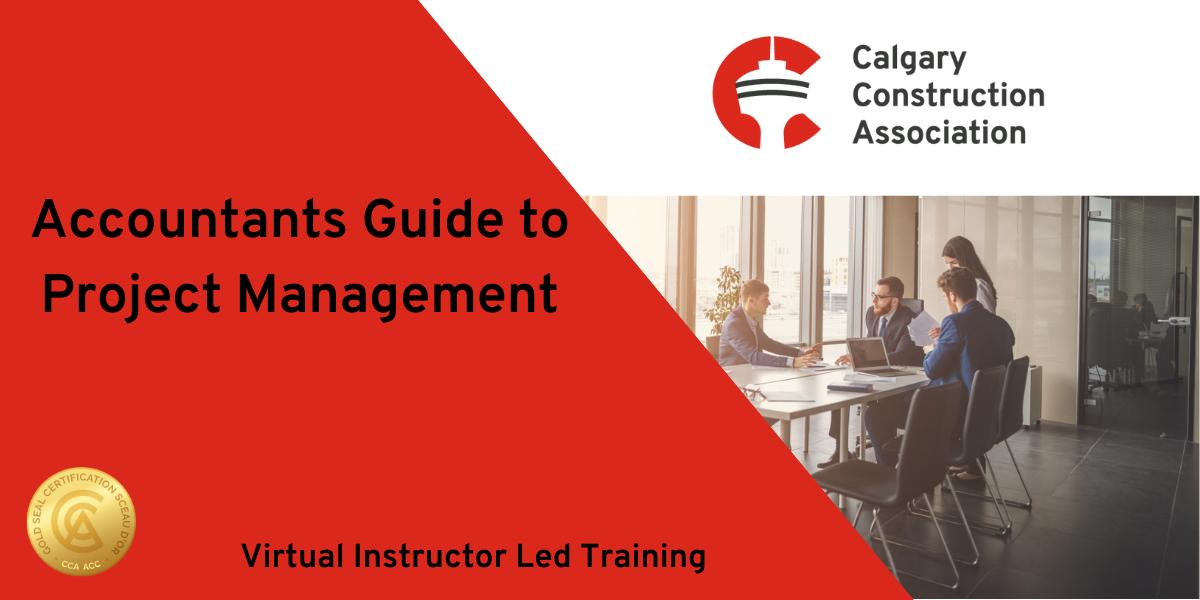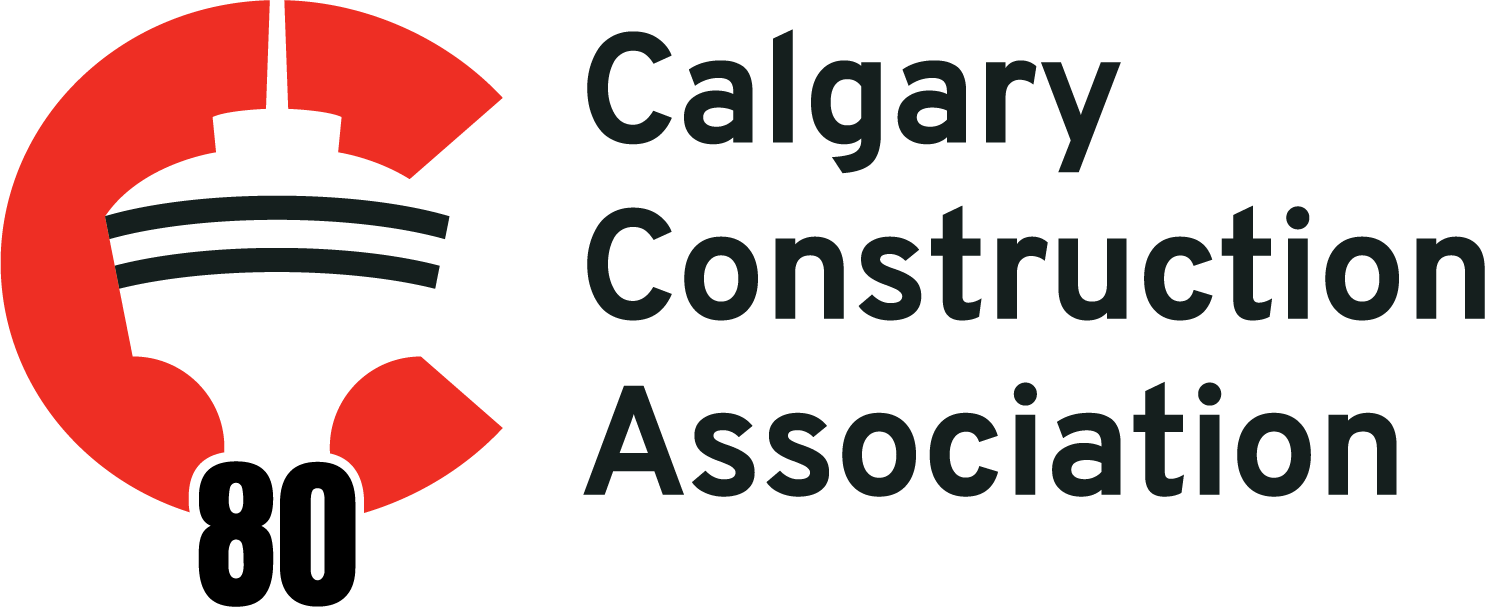
The success of a construction project results from the contributions and strength of the entire team – including accountants. That success requires communication, knowledge, collaboration, management, costing and forecasting. These in turn require that all parties involved, including accountants, have a clear understanding of the project managers’ roles and responsibilities.
But what if we could identify ways for accountants to better understand Project Management? This course teaches financial professionals the language of construction project management, how the information available relates to each stage of the project and provides insight on final cost forecasting.
Accountants know their profession but few have ever had the kind of constructing guidance required in our industry. This course fills in the experience gaps most of them lack and reveals many ways project results can be improved through accounting practices, cost controls and financial reports.
The course is worth 1 Gold Seal Credit
Accountants Guide to Project Management will help you understand:
- Roles and responsibilities of project managers
- Focus on profits
- Project team members
- Cost & revenue accruals
- Net present values
- Project cash flows
- Contracts and revenue types
- Job costing
CCA Member $399(+GST) Non-Member $499 (+GST)
Additional Details
Learning Outcomes:
- The roles and responsibilities of Project Managers and Accountants
- The differences between Project and Accounting systems
- Learn to forecast cash flows, review accounts receivable strategies, and justify fixed asset acquisitions
- Recognize different contract types and their representation in financial reports
- Delve into revenue, cost accruals, and their significance in financial reporting
- Uncover why labor is a pivotal cost in construction and the primary causes of productivity dips
- Decipher standard coding phases and job cost report analyses
- Address challenges in forecasting job costs, managing employees, and establishing a corporate culture
- Navigate the skilled labor shortage, control overheads, and understand risk mitigation
- Create strong project management awareness in all personnel who attend
- Identify improvements on future jobs through project evaluations and close-outs
Benefits:
Participants will unlock techniques to enhance project outcomes using accounting practices, cost controls, and financial reports. This synergy between accountants and Project Managers promises a more efficient construction process and a deeper understanding of the construction realm.
Attendance is encouraged for those accountants and admin personnel who wish to learn the challenges of the construction processes. Not only will the construction projects’ performance improve when accountants and PMs work more closely together, each participant will most assuredly gain a much better understanding of construction.
This course is delivered in partnership between your local construction association and other associations throughout Western Canada. You’ll be participating in a cohort with industry peers from across these regions.

Wayne Newell, Wayne Newell Management & Seminar Services
For over 35 years Wayne served in senior financial leadership roles and worked with companies throughout Canada, the United States and the Caribbean. His experiences and expertise, shared with many companies, has helped owners, managers, employees and businesses grow. In doing so, he has amassed a library of knowledge on what makes a successful contracting company.
During his seminars he discusses his experiences in implementing specific techniques, methods and strategies used to help contracting companies increase profits, control and/or reduce costs and improve cash flows. In the past eighteen years Wayne has presented his exclusive Construction Management Courses to over 3,500 construction professionals from St. John’s to Victoria. He was awarded his CMA designation in 1972.
This course is highly interactive, you must have the following:
- Computer or laptop with webcam: This course will involve on-screen interaction with your instructor and classmates, reading/viewing on-screen content like slides or videos, and interacting via typing with questions or responses. For this reason, you must have a webcam and use a full computer/laptop, and we do not permit students to attend using a tablet or cell phone.
- A quiet space with minimal distractions: Please plan to be fully engaged in the class, and clear your work schedule just as you would for an in-class program.
Cancellation Policy:
Payment is non-refundable for cancellations made within 5 business days of the course, or non-attendance on the day. Complimentary substitution of another member of your company is accepted. If CCA has to postpone or cancel courses due to insufficient enrolment, CCA will refund the registration fee or, if possible, the attendee may choose to move to an identical session in the future. Unless otherwise stated, every person able to see, hear, and observe the virtual course sessions must be a paid participant. Non-compliance of this requirement will result in removal from course. Refunds will not be issued to students who are removed from the course for non-compliance of this requirement.
CANADA – ALBERTA JOB GRANT
Did you know!! Eligible employers can get government funding to help employees access training opportunities. The Canada-Alberta Job Grant will give you up to 2/3 of the registration fee (up to $10,000/employee/fiscal year) for training. Whether taking one course or a combination of courses, the total training must be a minimum of 21 hours and be completed within 52 weeks.
